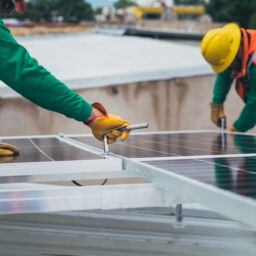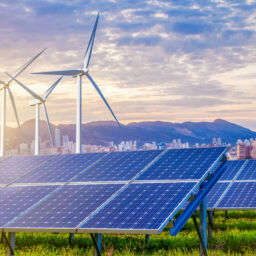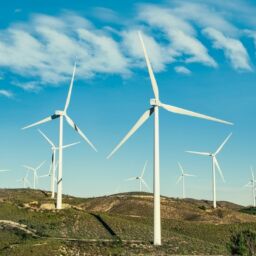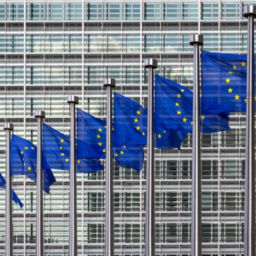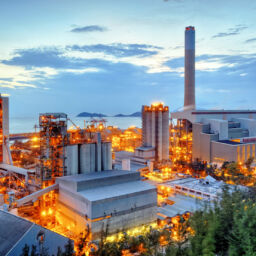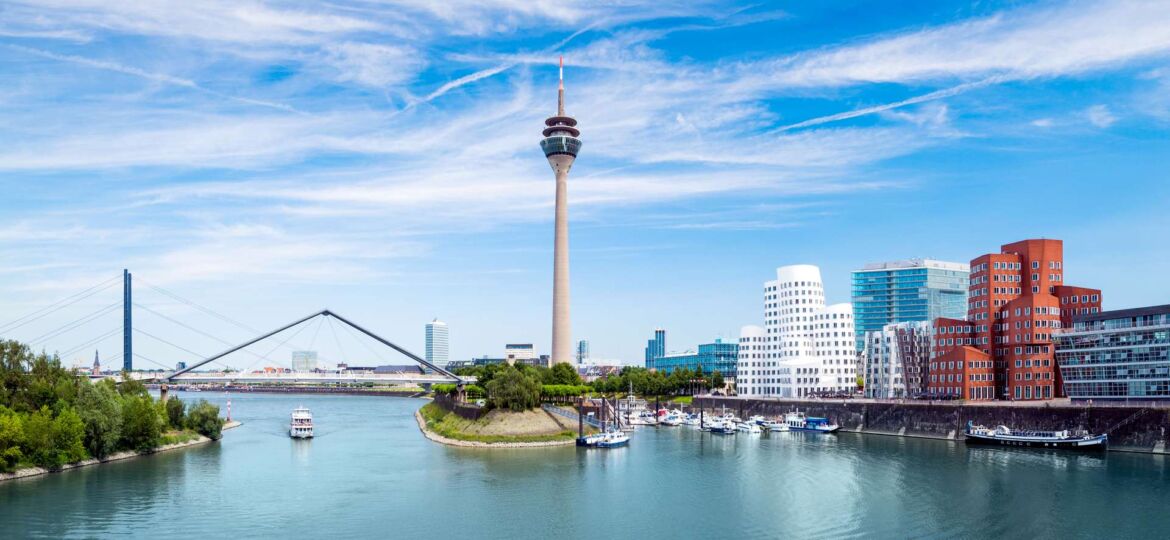
In response to the energy crisis, North Rhine-Westphalia, the most populous and economically significant state in Germany, has declared an emergency situation in order to be permitted to incur further debt. According to German broadcaster WDR, North Rhine-Westphalia (NRW), which is home to 20 of the 50 largest German corporations, declared an “exceptional emergency situation” to be able to obtain more loans that would otherwise be refused to the state due to a regulation on how much debt a state can borrow.
Following the declaration of the emergency situation that permits the state to take on further debts, NRW has opted to borrow an additional $5.2 billion (5 billion euros) to address the energy problem. The state government is revising the 2023 budget and has decided to set aside $3.6 billion (3.5 billion euros) in loans previously received for Covid relief but not used for energy alleviation initiatives. According to the state’s presentation to investors this month, there are more than 700,000 small and medium-sized businesses operating in the NRW region.
According to the findings of the Ifo institute, the GDP of the state shrank by 2.8% in the third quarter of 2022, which was the worst reading of all of the states in Germany. Only Bremen and Saxony-Anhalt, in addition to North Rhine-Westphalia, have resorted to emergency situations in their 2023 state budget drafts. The German federal government has not proclaimed an emergency situation to be in effect. This winter in Germany, there is a greater danger of experiencing more emergency situations due to the cold weather.
German Federal Network Agency, which will implement such measures, if necessary, says Germany may have to take drastic measures such as gas rationing if levels of gas in storage fall below 40% by February 1st next year. According to Klaus Müller, president of the German Federal Network Agency, Bundesnetzagentur, if gas storage levels fall to below 40% by February 1 this will be regarded as a critical level. Germany is currently in stage-two alert, but if gas stocks reach dangerously low levels, it could enter level-three emergency.





